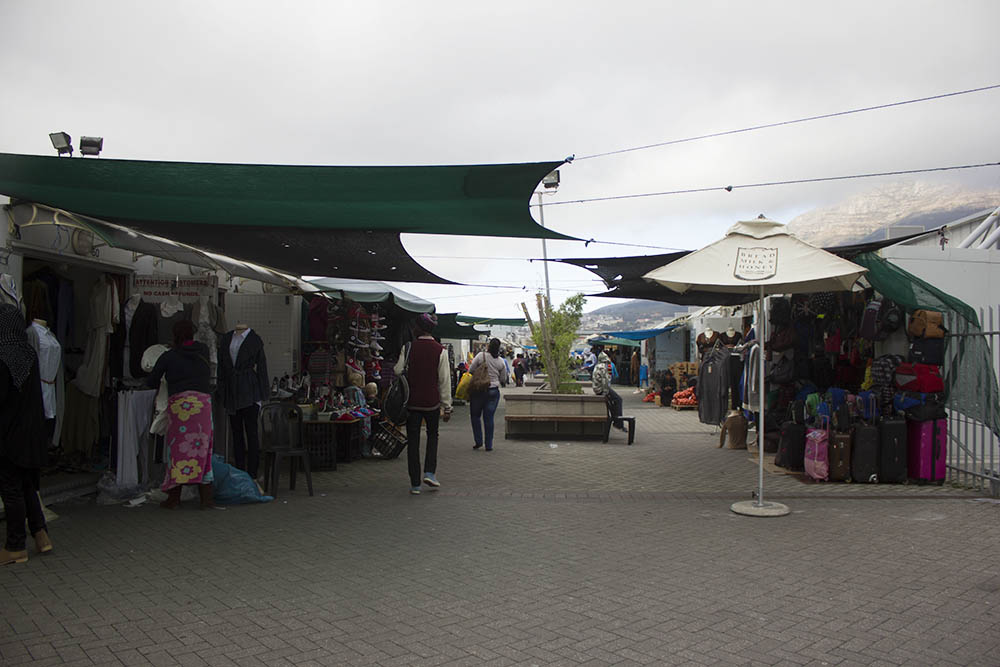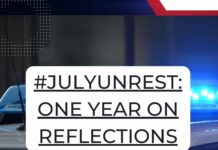On Saturday, 86 African immigrants were arrested in a joint operation conducted by the SAPS, the SANDF, traffic officers, the metro police, brand specialists and immigration officers. The lockdown at Cape Town’s Station Deck – a taxi terminus and market above the inner-city train station – brought commuters to a halt. Counterfeit goods were confiscated, dagga was seized, and a taxi was impounded. In the chaos, authorities went store-by-store asking people for their documents. People at the station told RA’EESA PATHER how the raid unfolded.Â
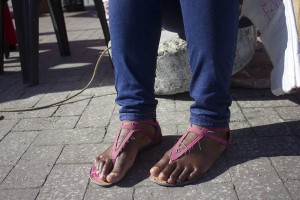
I didn’t know what was happening. I just came to the train station and when I came upstairs, everything was closed. The police told us that we can’t enter. There were many people: police, army, and law enforcement. Downstairs there was nothing, they didn’t ask anyone about papers. I have my papers, but my papers are expired. If they saw my documents that day, they would arrest me. I didn’t renew them, because people say that to go to Home Affairs you must pay R2,000 to make the new documents. You need money and I don’t have money. It makes you feel pain, because they arrest you and they take you away, and you don’t want to go. There’s no jobs in Malawi. My friend, she works here, and she was arrested. I spoke to her on the phone – I asked her where she is; she said she’s by the police but she don’t know which police station. She say she don’t know anything. When I tried again later, her phone was on voicemail.
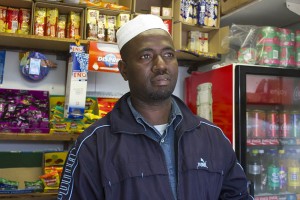
There was police, army and immigration. They were looking for those people who live in South Africa without documents. They asked me for my document: I take my passport and showed them, and they left. I’ve been here for five years already. Nothing like this has happened to me. Most of the people didn’t have their documents, and there was nowhere to run – it was all over the place. I saw they arrested a woman, but she was back here yesterday. She didn’t have her document on Saturday, but she maybe asked her kids to bring it to the police so she could be released. The police are not wrong, because you can’t live in a country without documents. But the army thing, I don’t understand why they are here. They carry those guns like it’s war here. If you come to search the people like that, it’s not good, because even today some shops didn’t open because the people were worried about that.
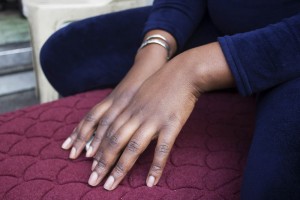
The police, they come to the shop next door all the time, and they get nothing. It’s a Nigerian shop, and each and every time they search they find nothing, but they still come back. When they came Saturday, they went next door and they said they heard that shop is open 24/7. We pay rent; it’s none of their business if we open 24/7, and the way we are paying the rent, they don’t give us choice. If you don’t have money, it’s not Prasa’s (Passenger Rail Agency of South Africa) problem, so you must make money the way you know how, which is to open 24/7. After they search the shop, they make the shop upside down. They leave it just like that, and they said: “It’s not the last time you will see me in this shop.†Maybe they hear that the Nigerians are selling drugs, but it’s not all the Nigerians. I’ve been working in-between them for some time now. It’s not all of them that are doing the same things. But the way the police are treating people is not good. Most South Africans use what they hear: like they hear Nigerians are selling drugs, but there is South Africans selling drugs. There is South Africans doing fraud. But it’s because these people are not from this country that they get treated like that.
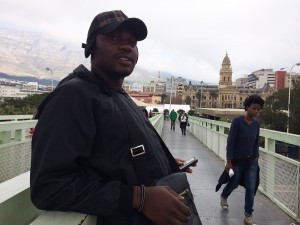
My boss got arrested. I guess they are doing their jobs, because there a lot of illegal immigrants. But at times they could give them grace, because people who apply don’t always get their papers. So, people have to be given papers when they apply, because if it doesn’t happen, the police will come and take that person away. If they don’t want people to come then they should just close the borders or make it hard to enter. Not when someone is here you try to take the person out. You don’t know the reason the person is here, maybe he’s not comfortable in the place he was or he has found South Africa is a home. I felt so bad for my boss, we went to court today to see if he’s going to be bailed out. I know it’s a response to xenophobia, and they want to clear the illegal immigrants to make sure the people that’s staying here is legal. But they should take it easy, because they are showing people that they really want people to get out of the country. They are making it worse. They need to give it time for everything to calm down before trying to check the immigrants.
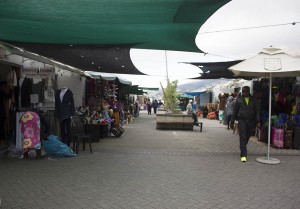
When the police ask me for my document, I give it to them because it’s necessary for one to have the document. They did their job on Saturday: they didn’t come in violently, they came in a good manner. It was not a crime, they did a good job. It is necessary for people to be arrested if they don’t have their papers. We are all Africans, but there must be rules: nobody’s above the law. Because of what’s happened in the past, I look at it like they just want to know how many people are here illegally and how many people are official. It’s not a good way to address xenophobia, but they didn’t come on their own, they came through instructions. You can’t have a soldier, come out in that manner, with a gun, where there are civilians. In democracy, that’s not fair, but why I think they do it is to protect, so people can see that something is being done. But I’m a common man, what can I say? I’m protecting myself. The only thing I believe is that Africa belongs to Africa. Let people express themselves and their concerns, then you will know how to help.

